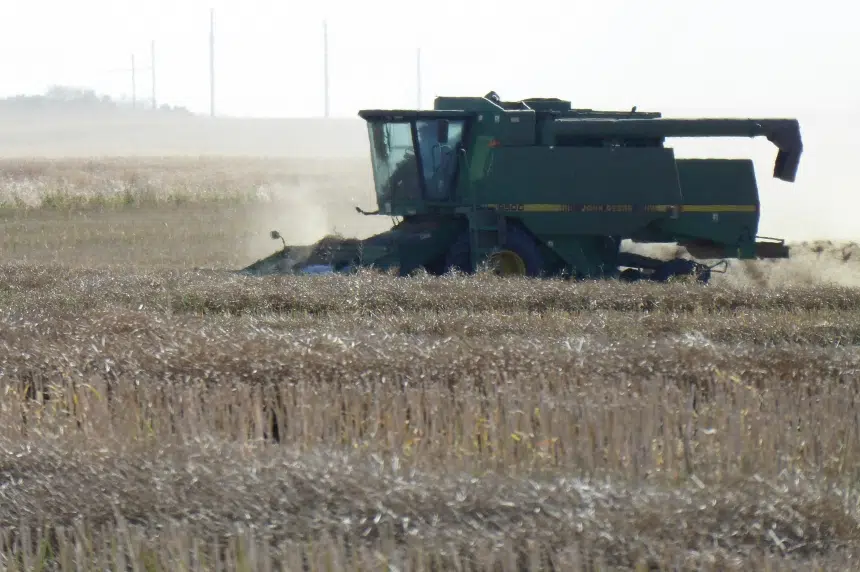An offer of a rebate for about $600 per family and a fuel tax exemption on farm equipment doesn’t mean that much to a Saskatchewan farm group concerned about the impact of the carbon tax.
Todd Lewis is the president of the Agriculture Producers Association of Saskatchewan and farms near Gray, Sask. He said they knew it was coming but they are disappointed in the rollout. He said the federal government has failed to consider the hidden costs of the carbon tax that will hurt the bottom line of producers.
“Certainly on our transportation side, our freight rates and so on will reflect the added cost that the railways are going to pay for their fuel. Surcharges – those are issues there that are far from being settled,” Lewis listed. “I mean agricultural plastics, fertilizers, all these things are going to increase in price because of the carbon tax and it doesn’t speak at all about any rebates or anything on those issues so with that we’re going to end up paying more.”
Lewis said both grain producers and ranchers will have to eat the added costs linked to the federal carbon tax in order to keep prices competitive in the world market.
Eligible farm equipment will be exempt from the fuel tax and Lewis said that is a positive sign, but there will be many other costs to contend with. He noted now the plan has been released, APAS will be able to start figuring out what the total costs could be.
Lewis pointed out the carbon tax plan fails to consider the work already being done in the agriculture sector to reduce the carbon footprint and produce more food using less fuel.
“It’s almost counterintuitive. If we have money coming off our bottom lines we won’t be able to afford to invest in these new and improved technologies that will produce more food with less carbon,” he commented.
He said at the end of the day farmers have to burn some carbon to produce food and they don’t want to start producing less in order to save on fuel or cut back on emissions.











